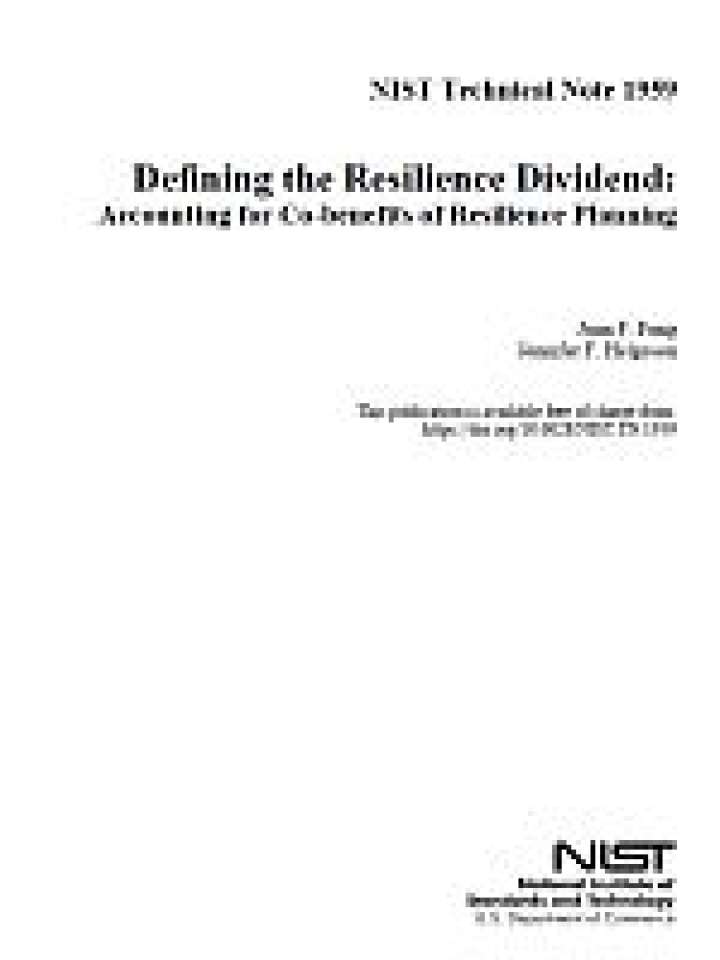Defining the resilience dividend: Accounting for co-benefits of resilience planning
This report presents the concept of the resilience dividend as a useful metric for community resilience planning. The report suggests defining the resilience dividend as the net co-benefit (or co-cost) of investing in enhanced resilience, in the absence of a disruptive incident. In order for this definition to be useful, the report reviews literature on co-benefits. The main lessons from this review are that:
- (1) there is no consensus on the use of the meaning of co-benefit;
- (2) much of the literature on co-benefits is focused on climate change; and
- (3) there exist opportunities for the development of co-benefit measurement and assessment methodologies in the context of resilience planning.
This report provides guidance and direction on the study and use of the resilience dividend by categorizing the various definitions of co-benefits to provide a frame of reference, reviewing measurement and assessment efforts, and summarizing the review in an annotated bibliography that can serve as a "quick guide" for researchers and practitioners looking for existing work on co-benefits. The report also highlights potential directions for future research.
Explore further
